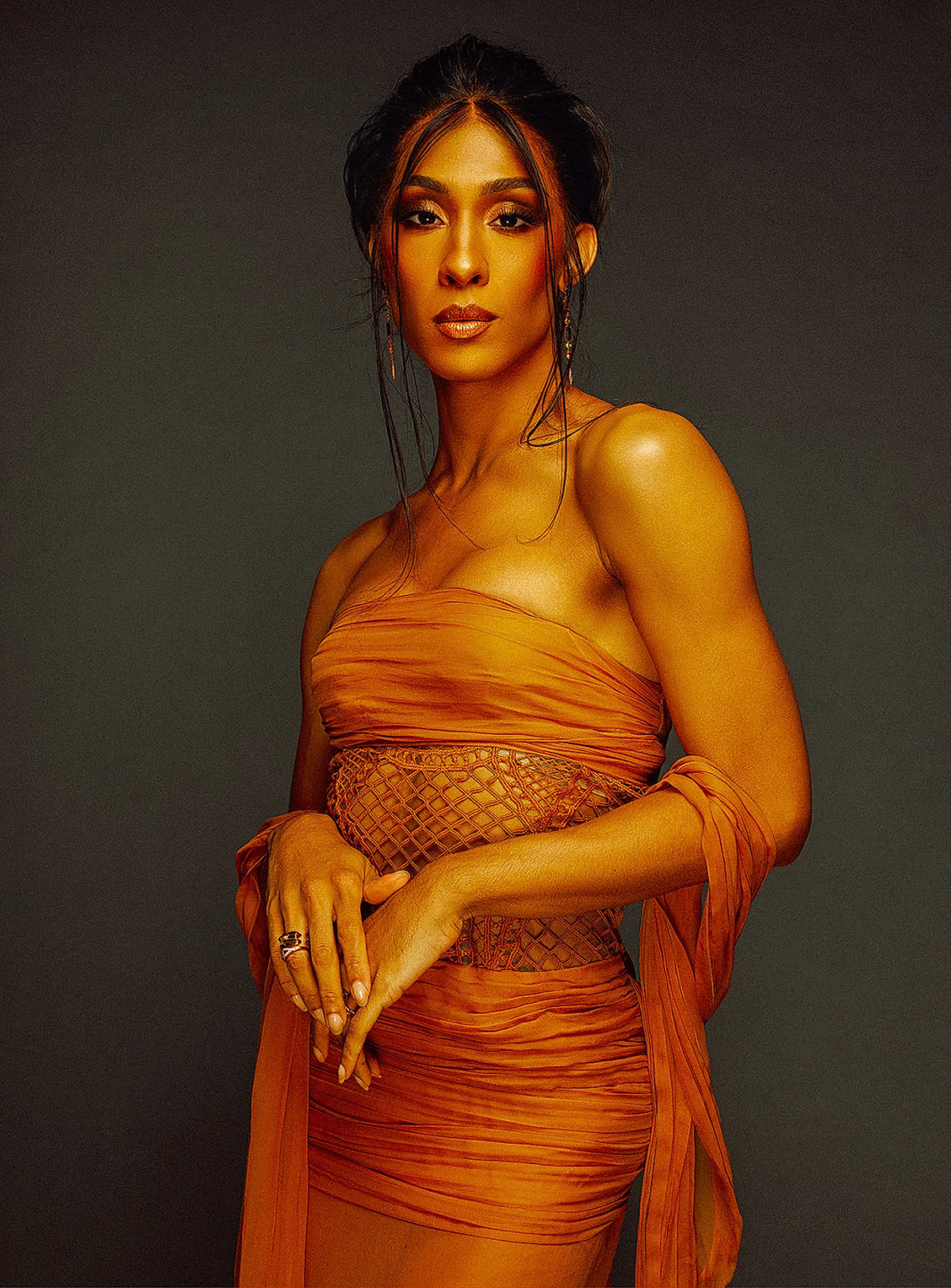Eleven LGBTQ+ Musicians and Their Life-Changing Albums
Pride celebrations often center around iconic songs that capture the spirit of the season. Last year, Kylie Minogue’s “Padam Padam” reigned supreme, while this year, Charli XCX’s “Brat” dominates social media. Music, regardless of genre, significantly influences the artistic expression within the queer community. It plays a pivotal role in helping LGBTQ+ individuals understand their identities and passions. Pride is both a celebration and a liberation, and music serves as a powerful tool for self-discovery.
In honor of Pride 2024, several prominent musicians shared the albums that profoundly affected their lives and the memories connected to those musical experiences.
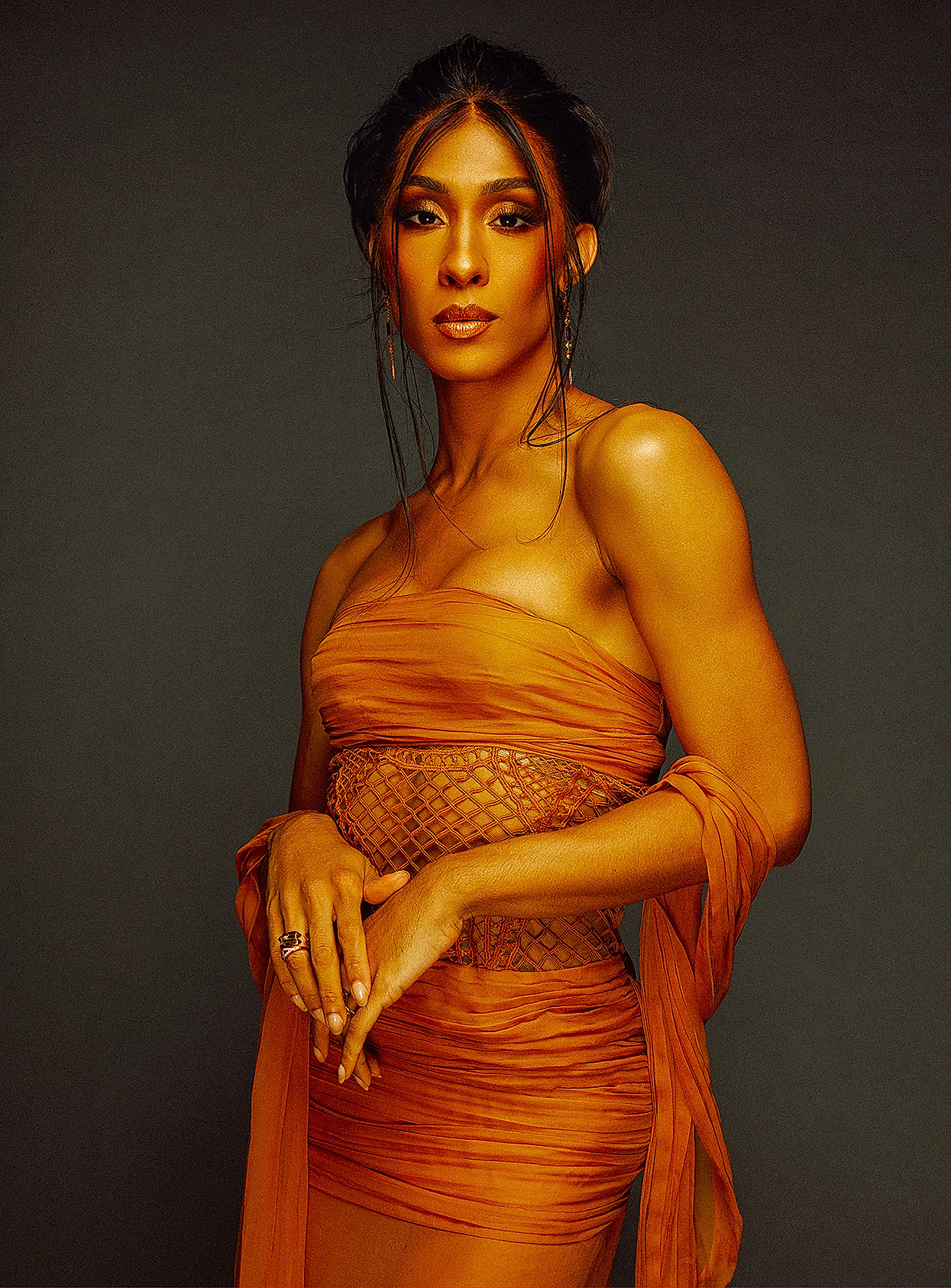
Michaela Jae Rodriguez: The Miseducation of Lauryn Hill
Lauryn Hill’s musical narrative deeply resonated with Michaela. The album was constantly playing in her home. She recalls listening to it while in first grade, captivated by “Doo Wop (That Thing),” and later watching the music video. The album’s impact stemmed from Hill’s honest portrayal of life’s challenges, the strength of love, motherhood, and commentary on society and the music industry. This resonated with Michaela’s identity as a queer woman of color. She particularly remembers singing “Everything Is Everything” at the top of her lungs, appreciating its profound message. Music is paramount to Michaela, inspiring her both personally and professionally. She views music as a powerful tool for uplifting people globally, making it an integral part of her Pride celebrations.
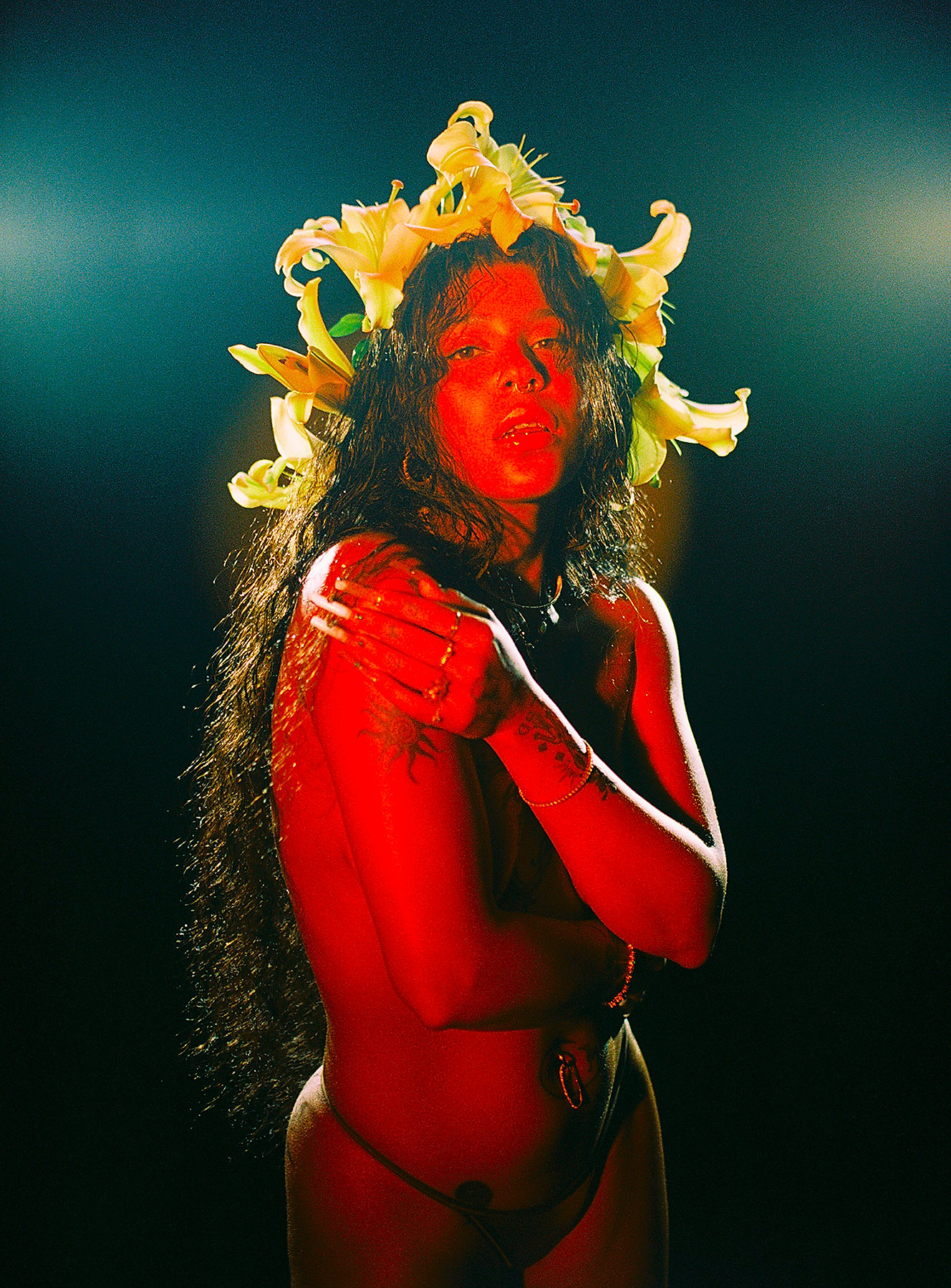
Tokischa: Rihanna’s Entire Discography
Tokischa cites Rihanna’s entire discography as a major source of inspiration. Each album reflects a distinct artistic phase for Rihanna, aiding Tokischa’s self-discovery as both an artist and individual. Rihanna’s performances and the raw emotion in her music deeply moved Tokischa, confirming her artistic calling. She recalls the excitement of obtaining Rihanna’s music and pouring over lyrics and biographies. For Tokischa, music embodies freedom – a space to express herself authentically without constraints. It’s a way to connect with others who share her experiences.
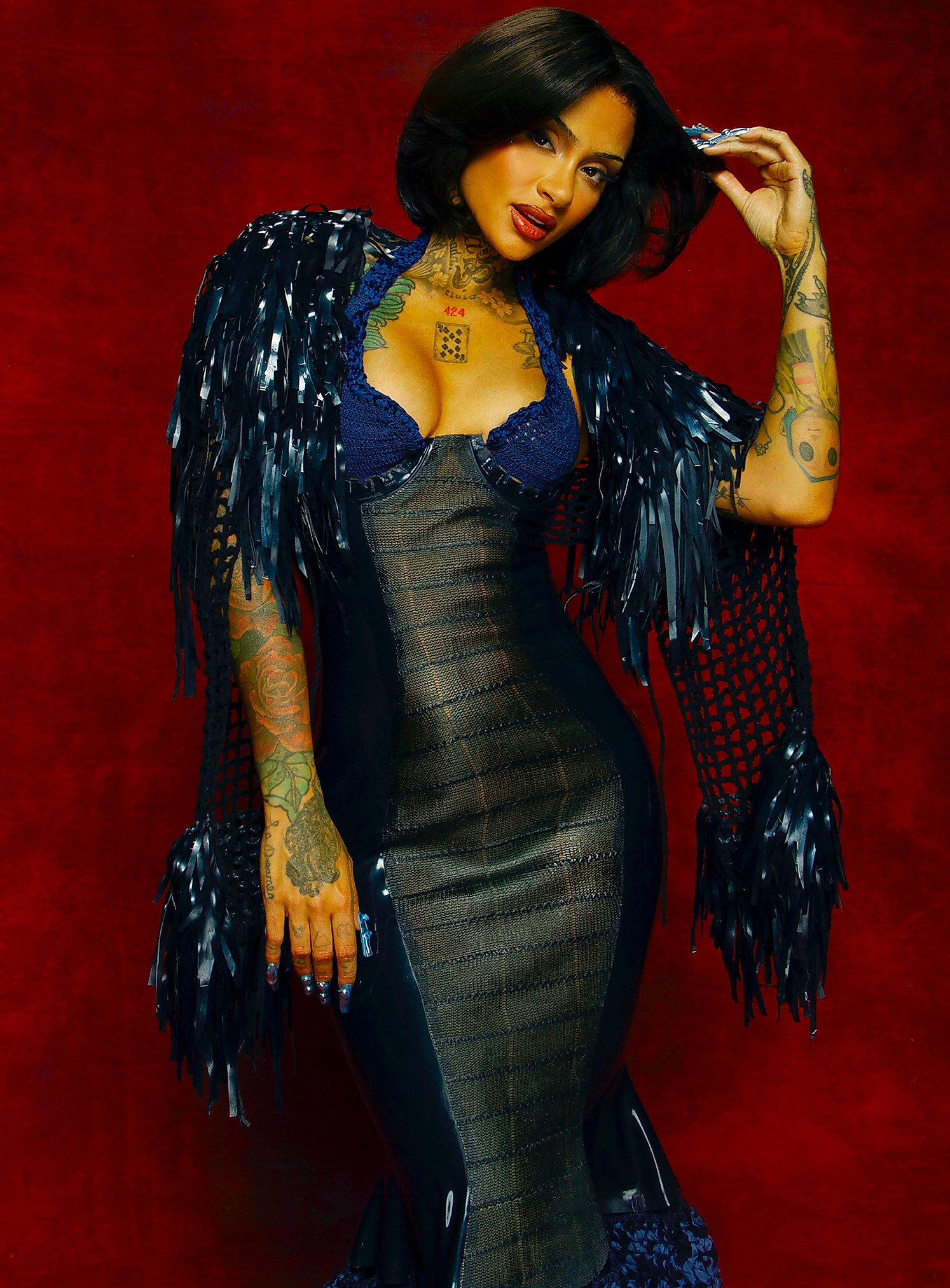
Kehlani: Full Moon by Brandy
Kehlani sees music as intrinsic to Pride’s celebratory and revolutionary nature. Brandy’s Full Moon had a profound impact. She admired Brandy’s genre-bending approach, creating a futuristic R&B sound. Kehlani recalls attempting to emulate Brandy’s vocal runs as a child.
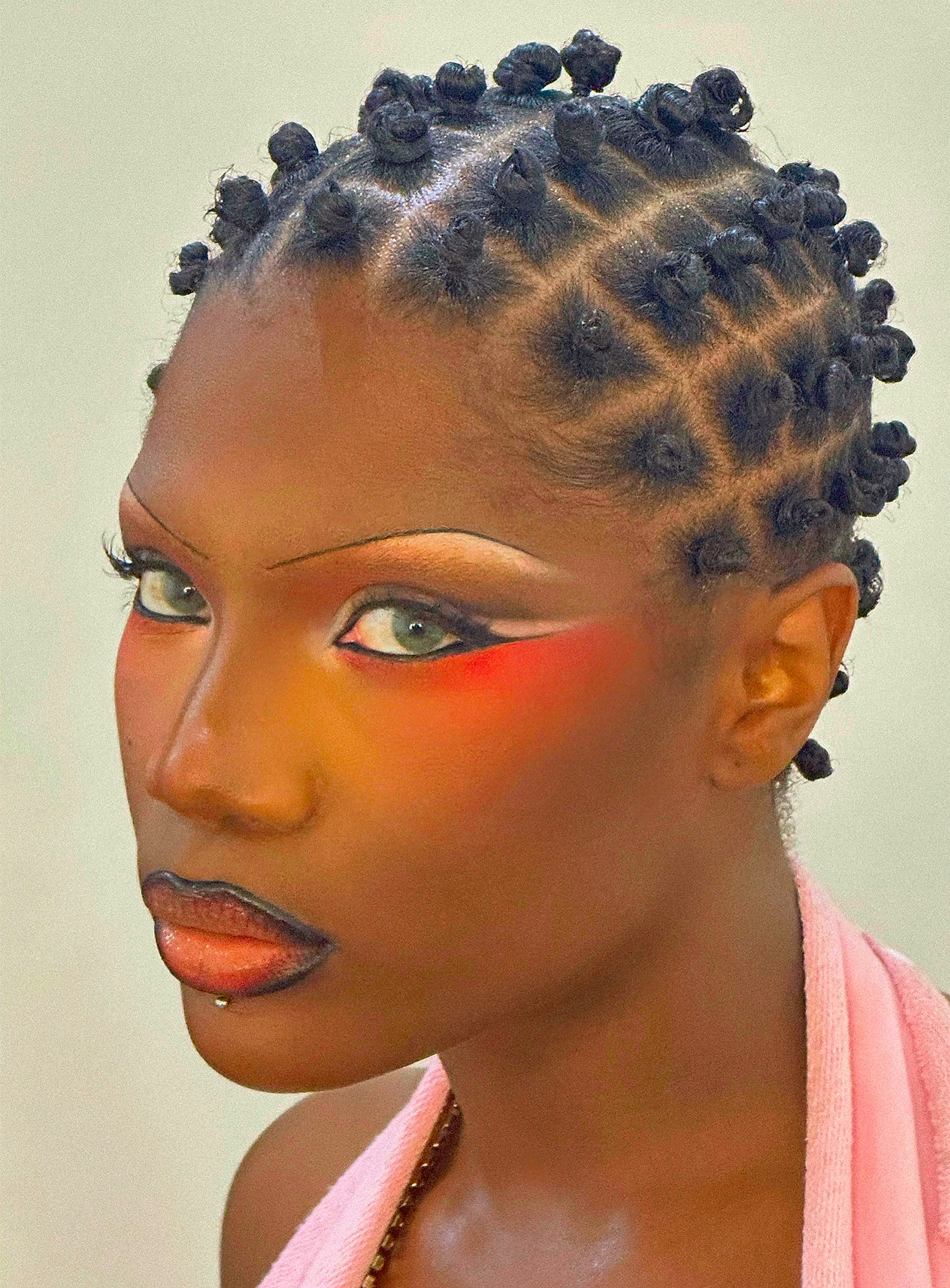
Doechii: My Beautiful Dark Twisted Fantasy by Kanye West
Doechii considers Kanye West’s My Beautiful Dark Twisted Fantasy a pivotal album, fostering a belief in her boundless musical potential. Hearing it in eighth grade solidified its impact. Doechii views music as a means of self-expression and empowerment, transcending boundaries and forging connections through shared experiences. For her, music represents the heart of Pride, embracing authenticity and individual expression.
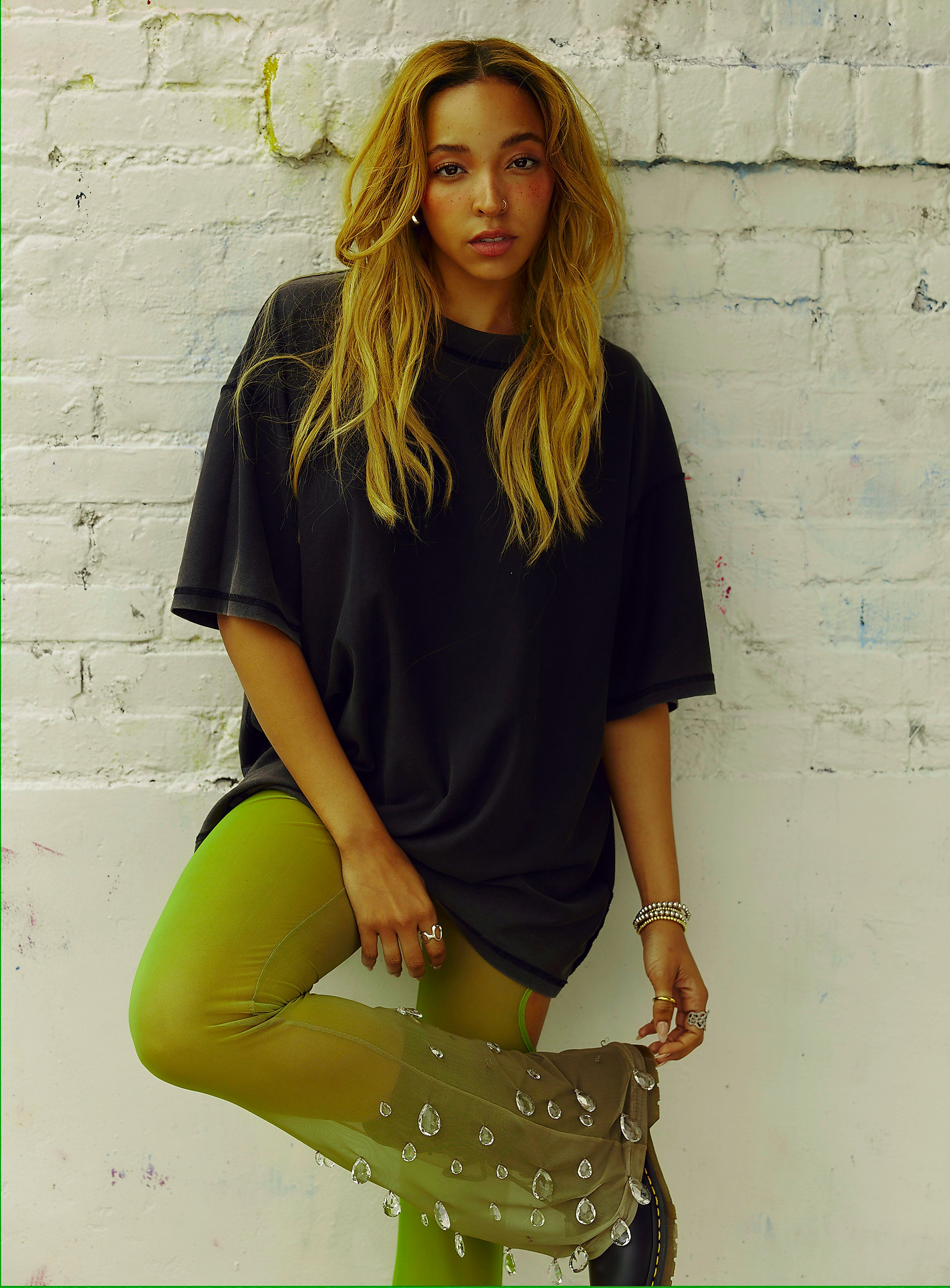
Tinashe: The Velvet Rope by Janet Jackson
Tinashe considers The Velvet Rope her all-time favorite album, serving as a model for crafting a diverse and cohesive musical project. She admires Jackson’s advocacy for freedom, as expressed throughout the album.
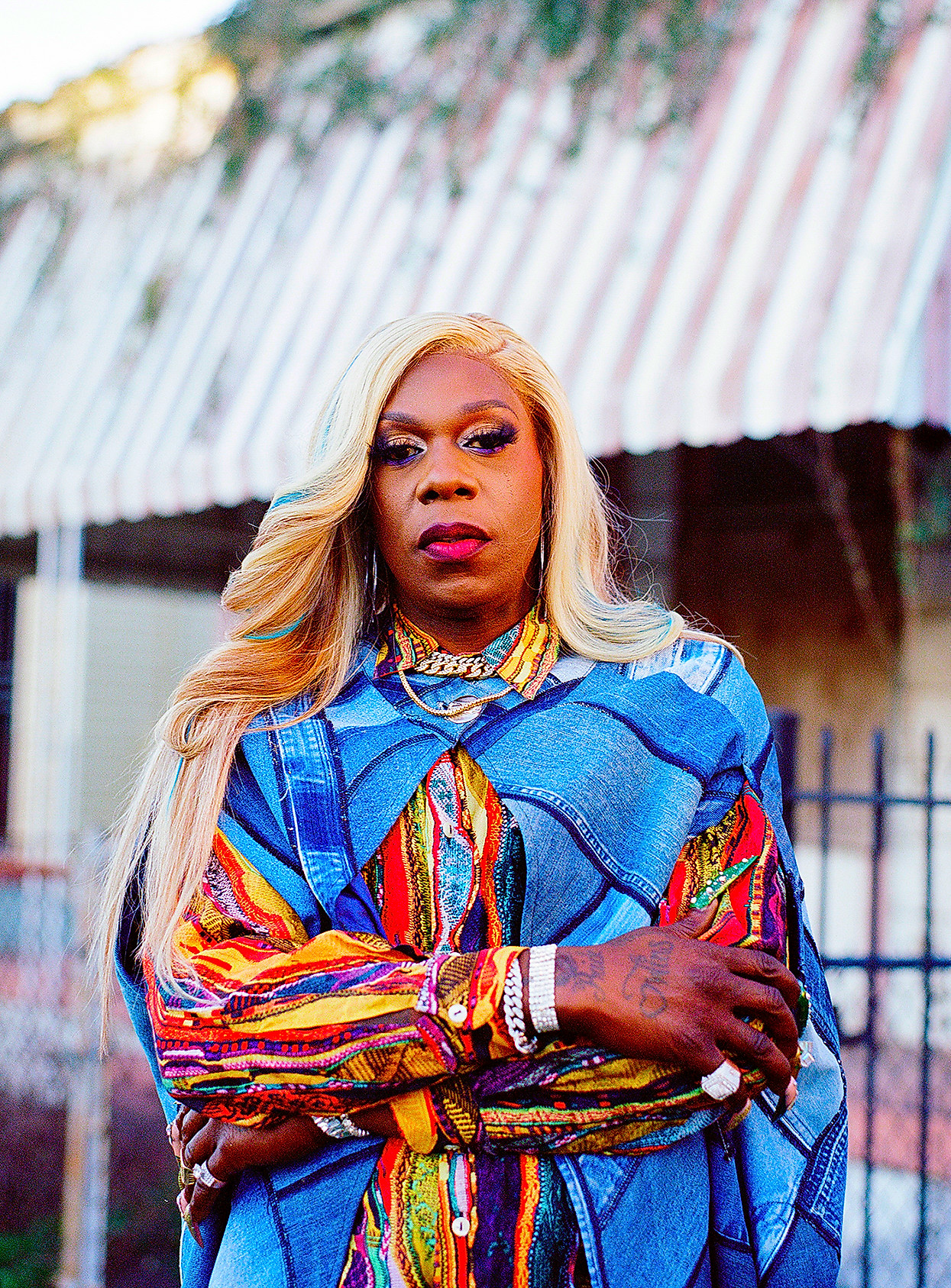
Big Freedia: Sylvester’s Music
For Big Freedia, music and identity are intertwined. While several albums influenced her, Sylvester’s music stands out for its unapologetically gay themes. Discovering Sylvester’s music in a club as a teenager was transformative, inspiring her musical aspirations. Songs like “You Make Me Feel (Mighty Real)” and “Dance (Disco Heat)” became anthems of pride.
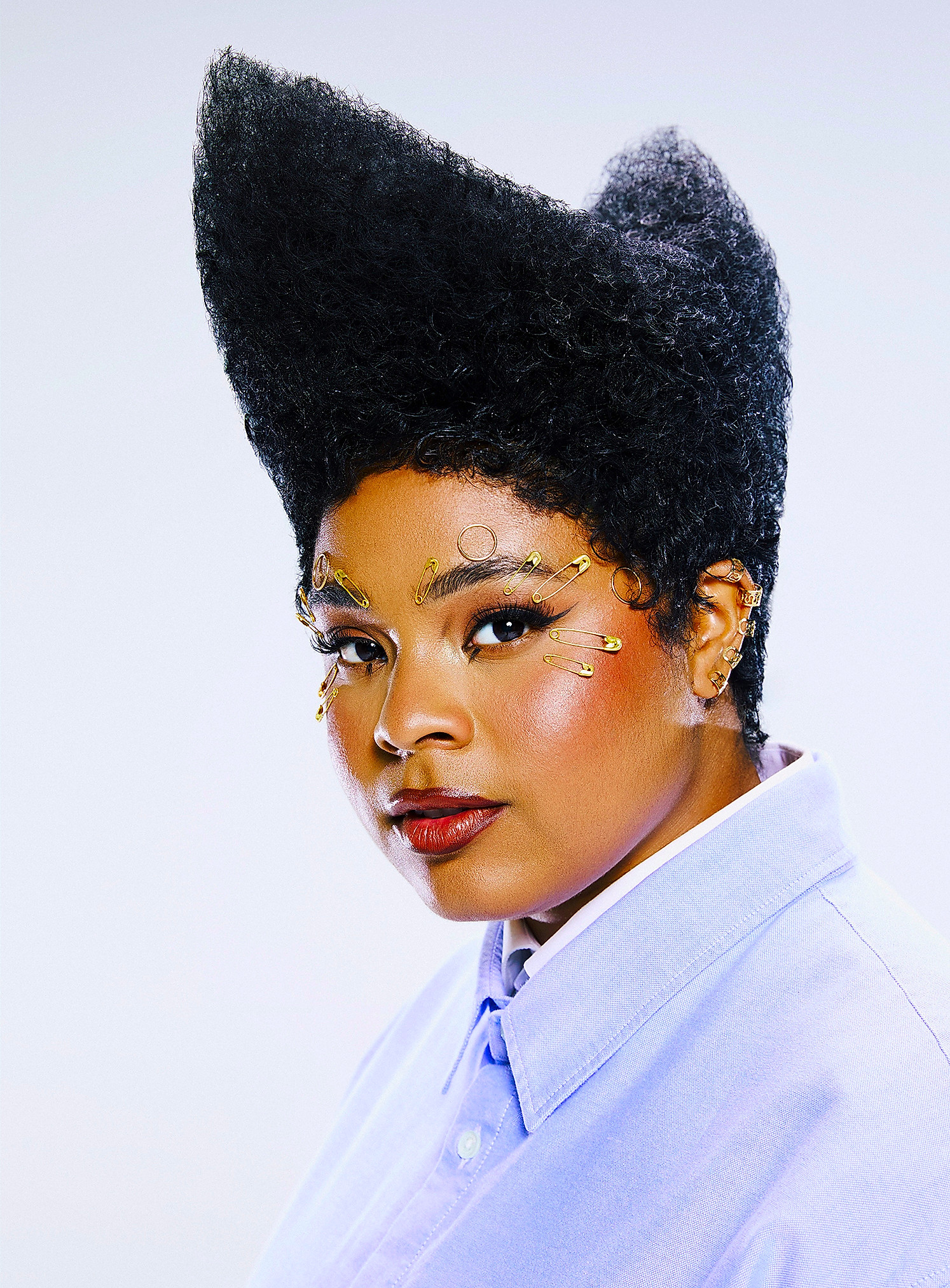
Tayla Parx: I’m Not Your Man by Marika Hackman
Tayla Parx highlights Marika Hackman’s I’m Not Your Man, particularly the song “Boyfriend,” as personally and artistically significant. The song’s lyrics and music video resonated with her experiences as a queer person. The album’s diverse influences kept her engaged, and subsequent collaborations with Hackman further cemented its impact.
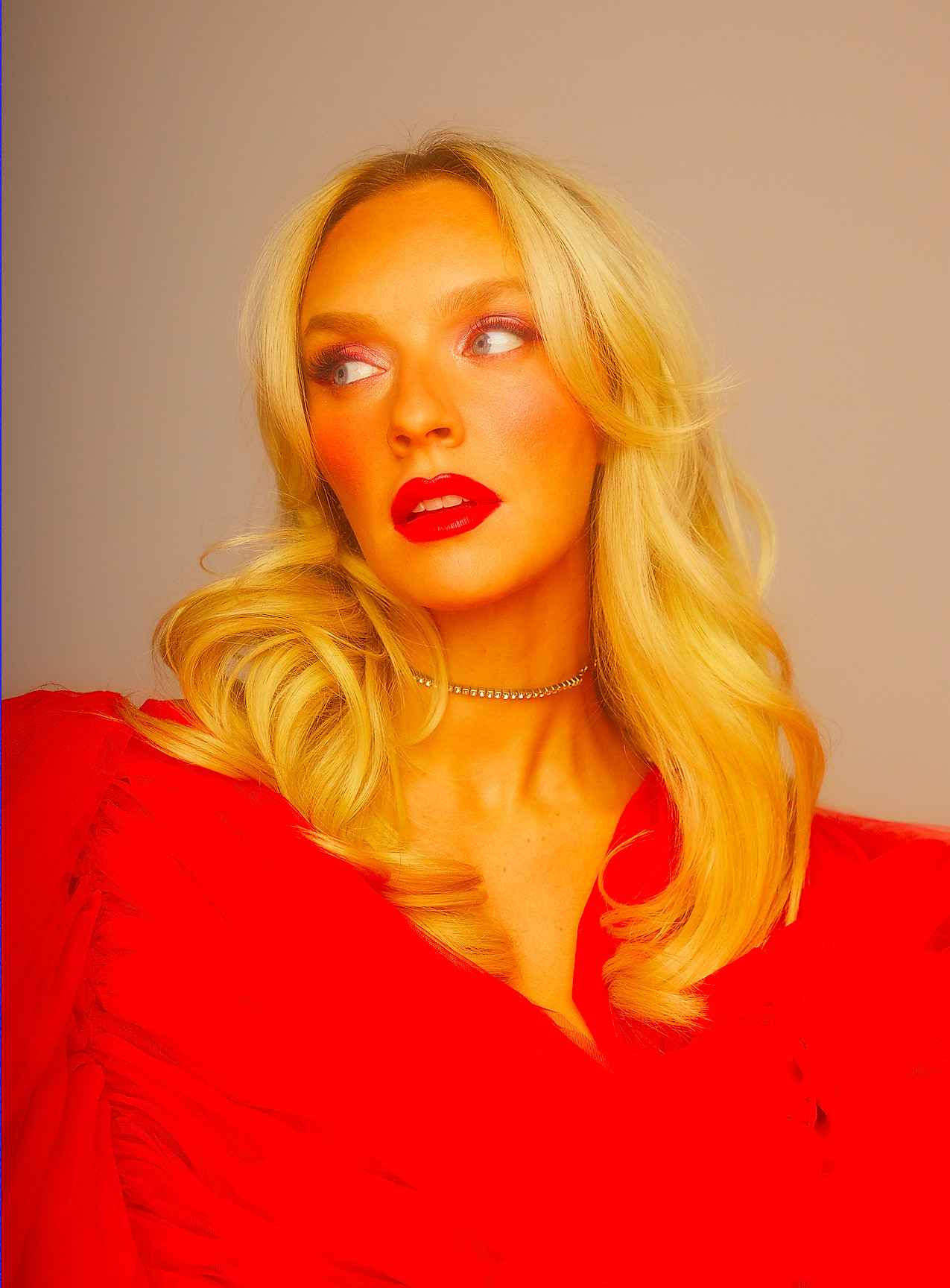
Zolita: The Fame Monster by Lady Gaga
Zolita credits music by LGBTQ+ artists with helping her embrace and celebrate her queer identity. Lady Gaga’s The Fame Monster deeply impacted her, particularly Gaga’s unapologetic queerness and the sense of community fostered by her fandom. A car ride where she first heard “Just Dance” remains a vivid memory, and attending the Chromatica Ball further solidified the album’s influence.
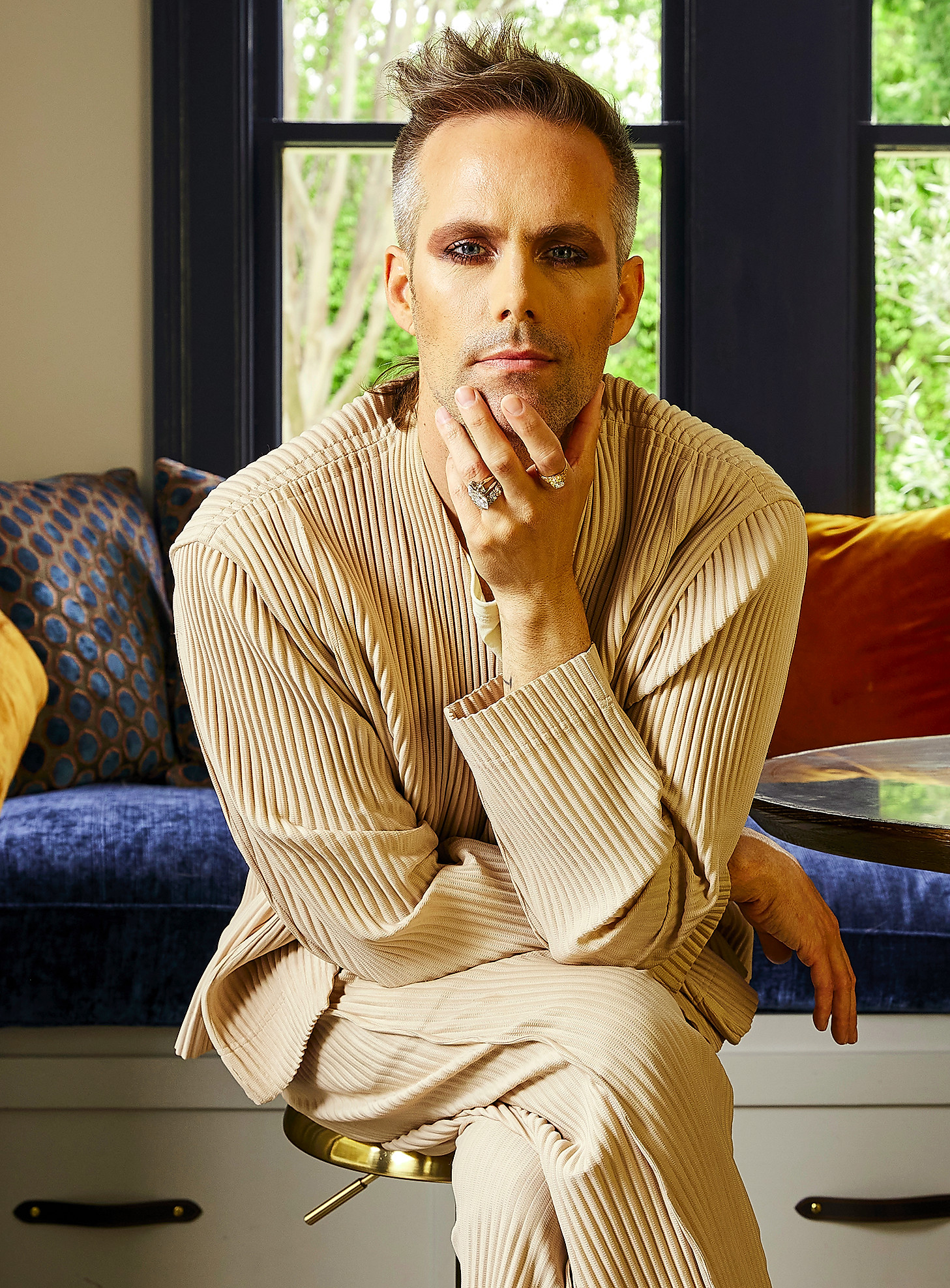
Ani DiFranco: Little Plastic Castle
While familiar with Ani DiFranco’s earlier work, Little Plastic Castle captivated Ani with its diverse themes and musical styles. Songs addressing queer love, political commentary, and self-reliance resonated profoundly. She remembers purchasing the album and listening to it on her daily commute, recalling a powerful moment where she and her friends chanted “Fuel” to counter negative interactions on public transport. She emphasizes the longstanding connection between music and queer expression.
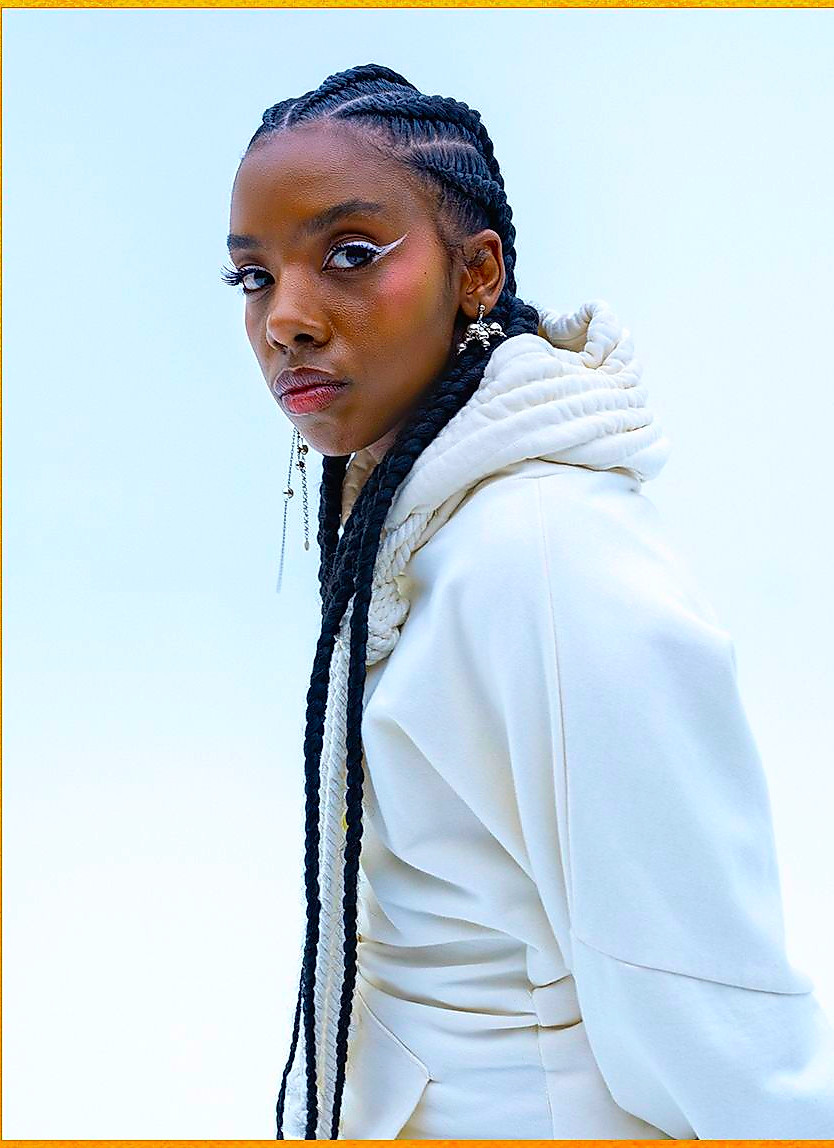
Dua Saleh: The Emancipation of Mimi by Mariah Carey
Dua Saleh highlights Mariah Carey’s The Emancipation of Mimi, noting its significance within the queer community. The album’s impact on early 2000s pop and R&B, its precision, and storytelling abilities are praised. Saleh connects the album to childhood memories and the unique perspective that queer artists often bring to their work, emphasizing authenticity and continuous learning. The presence of music in Pride parades underscores its importance in the celebration.
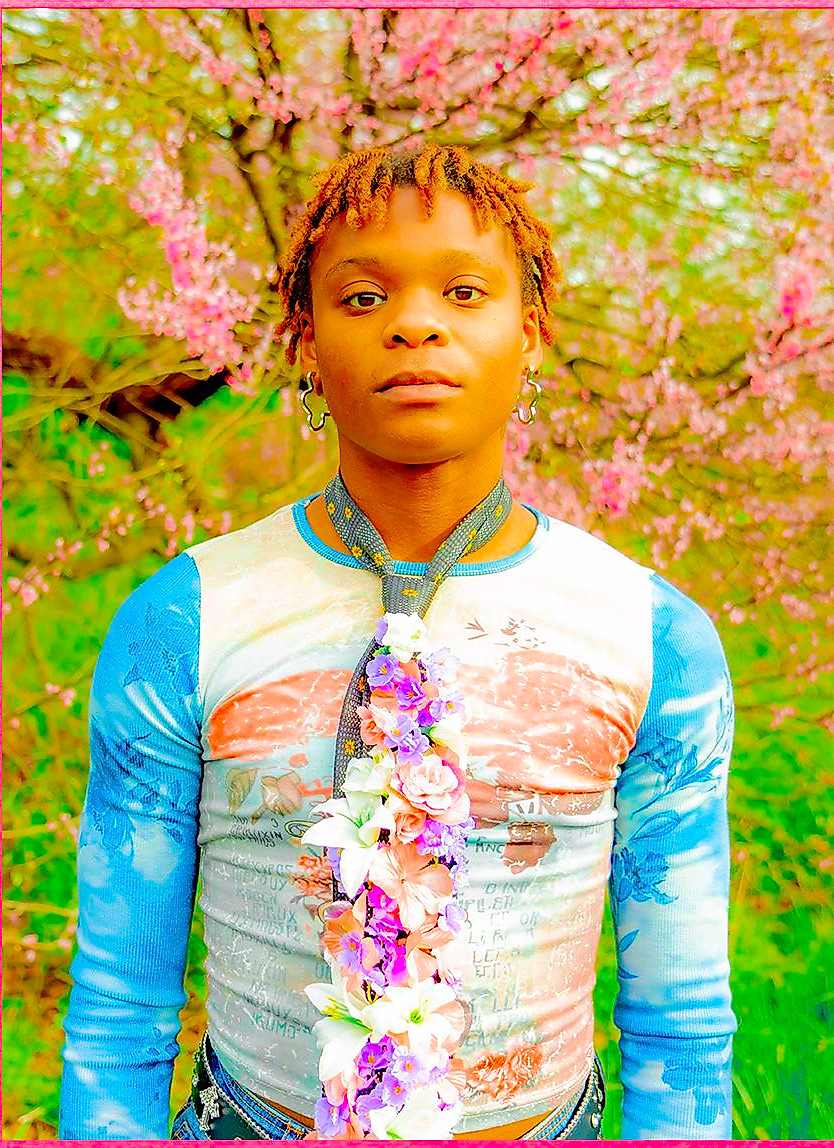
Dreamer Isioma: Princess Forever
Dreamer Isioma chooses their own album, Princess Forever, as the defining work. Recorded during a significant phase of their transition, the album features queer love songs, a bold choice for a Nigerian artist. The album release party, attended while under the influence of psychedelics, became a powerful moment of community and celebration. For Isioma, music, like Pride, is about freedom and self-expression.
